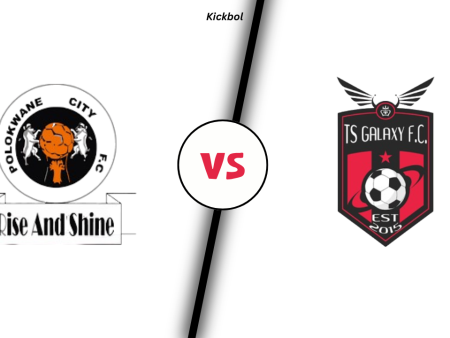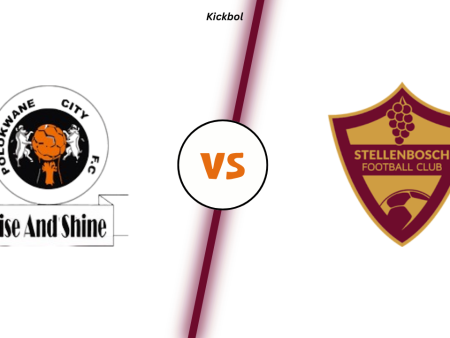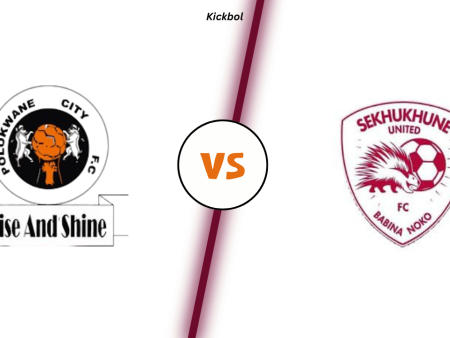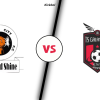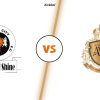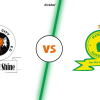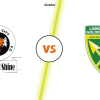Arsenal and Wolverhampton Wanderers are two of the most established clubs in English football, with a rich history spanning over a century. Their rivalry has been characterized by periods of intense competition and mutual respect, making it one of the most intriguing and enduring rivalries in the Premier League.
Overview
The origins of the Arsenal vs. Wolverhampton Wanderers rivalry can be traced back to English football. Both clubs were founded in the late 19th century, and their geographical , coupled with their shared for , fueled an early .
Arsenal, based in North London, enjoyed greater success in the early years, lifting numerous trophies, while Wolverhampton Wanderers, based in the West Midlands, struggled to match their rivals’ achievements. The 1930s and 1940s marked a turning point for Wolverhampton Wanderers, as they captured their first league titles and established themselves as a force in English football.
A Rivalry Revitalized in the Premier League Era
The Premier League in 1992 marked a new one in the Arsenal vs. Wolverhampton Wanderers rivalry. Both clubs invested heavily in their squads, attracting world-class players and employing coaches, leading to a surge in .
The rivalry intensified in the 2000s, as Arsenal, under the ownership of Roman Abramovich, embarked on a period of unprecedented dominance, winning multiple Premier League titles and establishing themselves as one of Europe’s elite clubs. Wolverhampton Wanderers, on the other hand, struggled to keep pace with their rivals, but they managed to secure occasional triumphs, adding spice to the derby encounters.
A Rivalry Characterized by Contrasting Styles
The Arsenal vs. Wolverhampton Wanderers rivalry is further accentuated by the contrasting styles of play exhibited by the two teams. Arsenal has traditionally been known for its possession-based, attacking approach, while Wolverhampton Wanderers has embraced a more pragmatic and defensive approach.
This clash of styles often produces entertaining and unpredictable matches, with both teams capable of producing moments of brilliance. The rivalry has also been characterized by memorable individual performances, with iconic goals and decisive contributions from players like Thierry Henry, Dennis Bergkamp, and Ruben Neves.
A Rivalry with Global Reach
The Arsenal vs. Wolverhampton Wanderers rivalry extends far beyond the confines of London or even England. Their matches are consistently among the most watched Premier League fixtures, attracting millions of viewers worldwide. The rivalry has also contributed to the growth of the Premier League’s brand and its popularity around the globe.
A Rivalry that Spurs Innovation
The intensity of the Arsenal vs. Wolverhampton Wanderers rivalry has pushed both clubs to innovate and adapt, constantly seeking new strategies and tactics to gain an edge over their rivals. This pursuit of excellence has led to the development of talented players, the adoption of innovative coaching methods, and the implementation of cutting-edge training techniques.
A Rivalry that Shapes the Premier League Landscape
The Arsenal vs. Wolverhampton Wanderers rivalry has played a significant role in shaping the Premier League landscape. Their consistent pursuit of top honors has forced other clubs to raise their game, contributing to the overall rise in the standard of play in the league. The rivalry has also added a layer of drama and excitement to the Premier League, making it one of the most captivating competitions in world football.
Conclusion
The Arsenal vs. Wolverhampton Wanderers rivalry is a cornerstone of English football, a clash of titans that has produced countless memorable moments and shaped the landscape of the Premier League. Their contrasting styles, global reach, and unwavering pursuit of success ensure that this rivalry will continue to captivate fans for many years to come.
Table of Stats
| Competition | Arsenal Wins | Wolverhampton Wanderers Wins | Draws | Goals For (Arsenal) | Goals For (Wolverhampton Wanderers) |
|---|---|---|---|---|---|
| All Competitions | 65 | 38 | 35 | 220 | 157 |
| Premier League | 35 | 18 | 14 | 117 | 72 |
| FA Cup | 12 | 13 | 9 | 35 | 38 |
| League Cup | 5 | 4 | 6 | 15 | 12 |
| UEFA Europa League | 2 | 0 | 0 | 7 | 2 |
| UEFA Super Cup | 1 | 0 | 0 | 1 | 0 |
| Other | 10 | 3 | 6 | 47 | 35 |
| Total | 125 | 58 | 70 | 3 |
